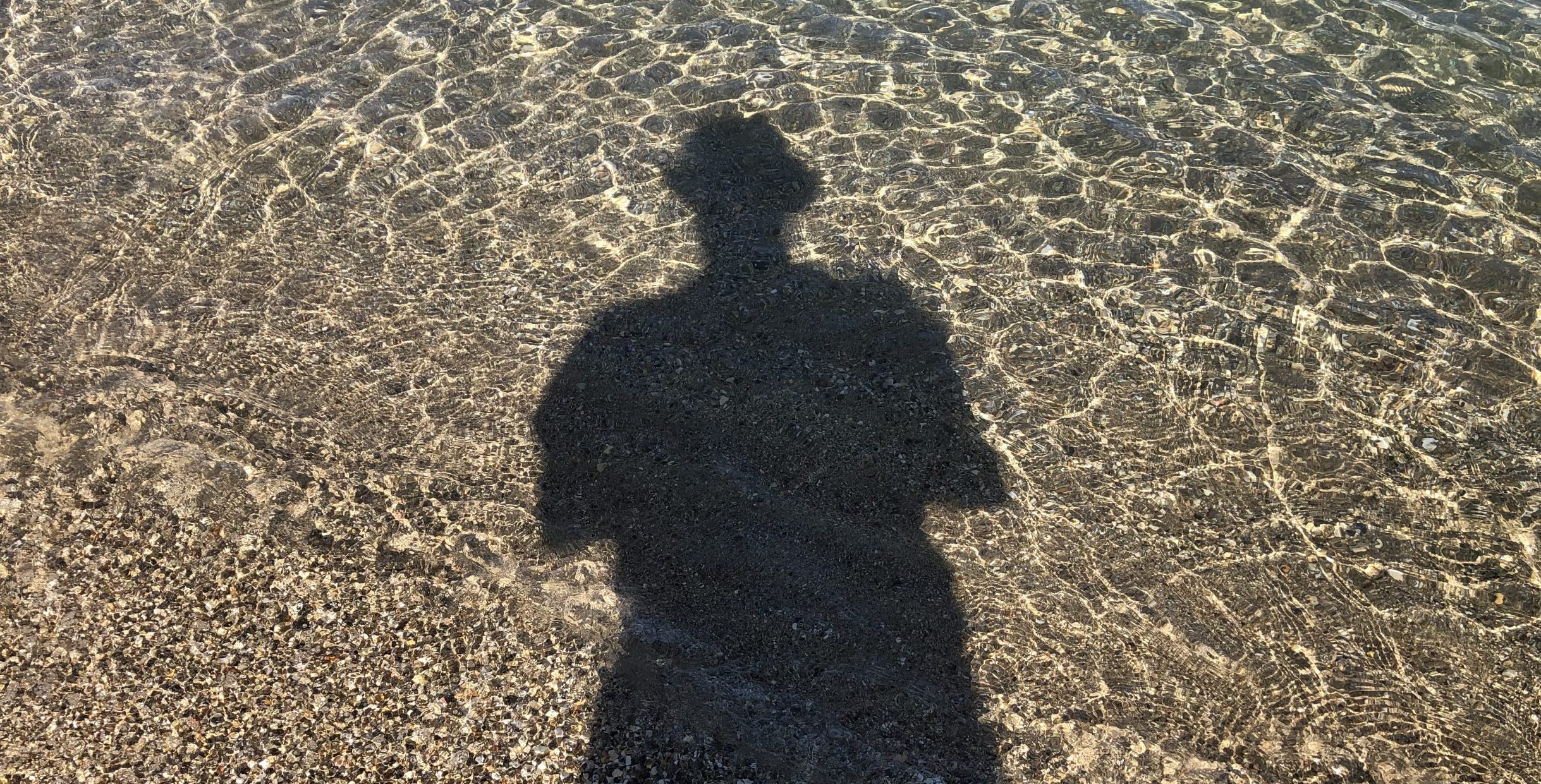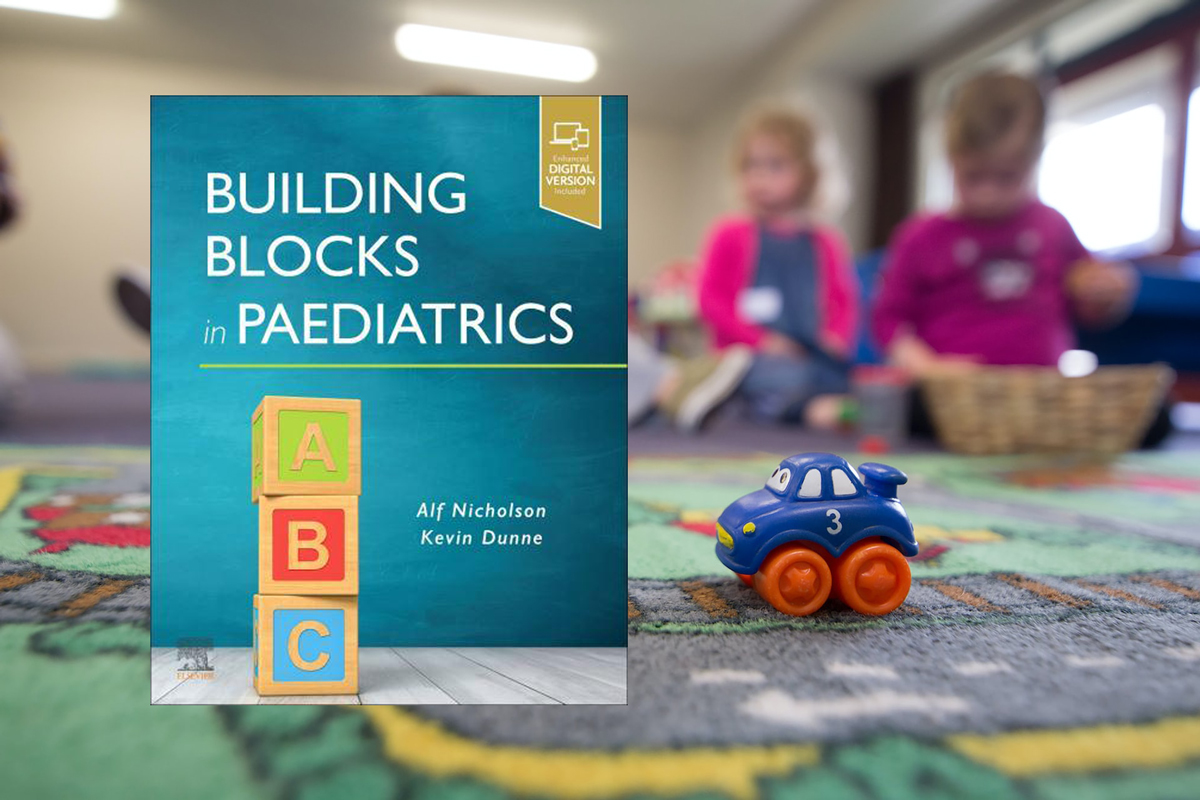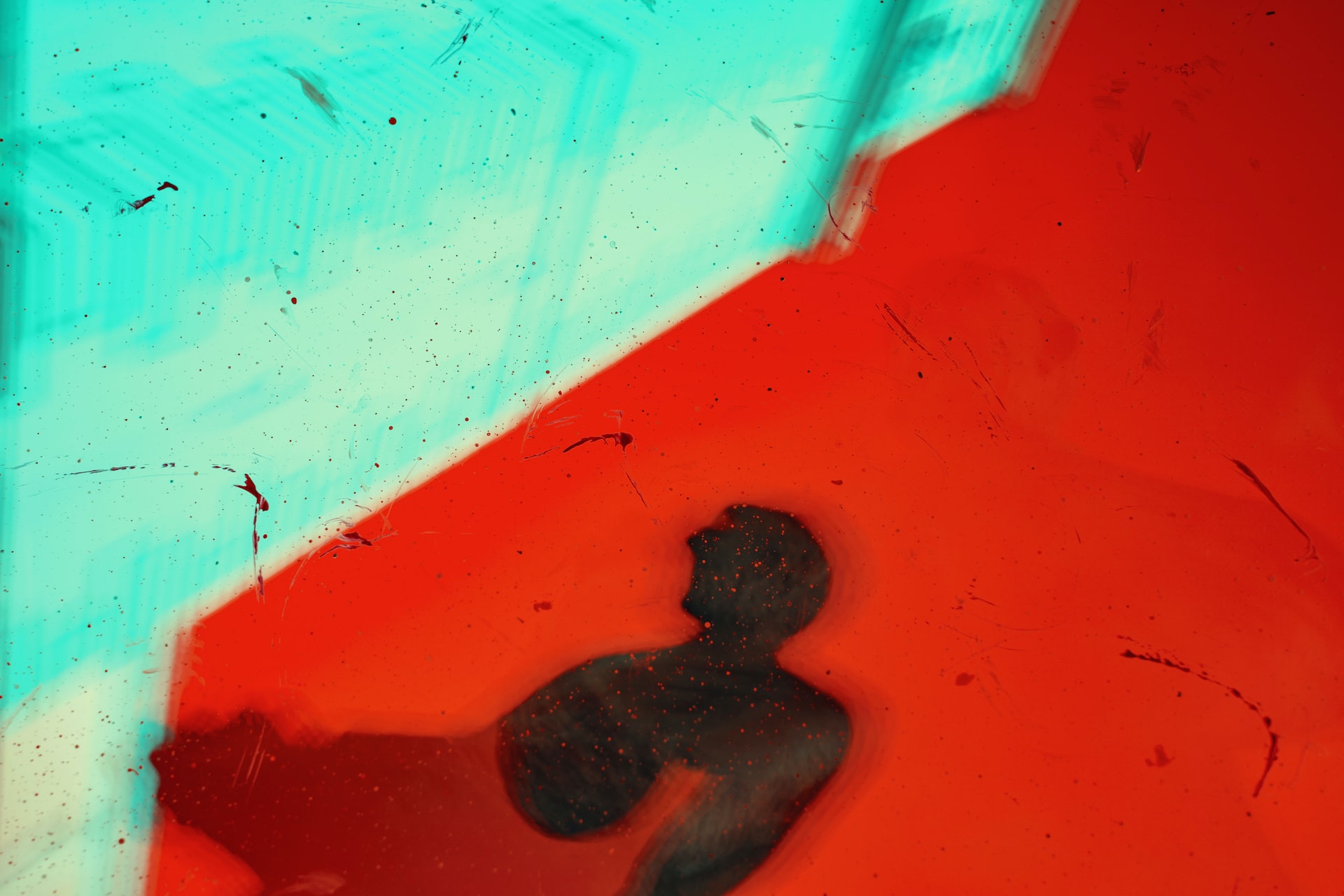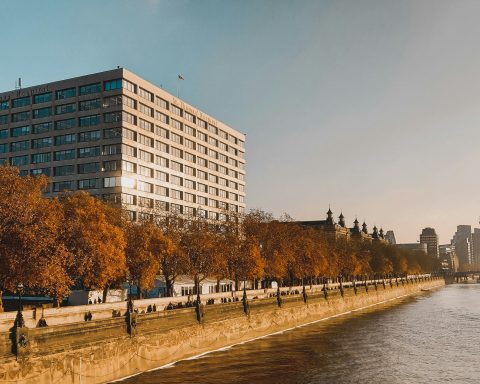Kathleen Wenaden is a GP and clinical director of of primary care network in London
On one of my trips to my local beach recently, I thought of them. Patients I’d known over my twenty years in general practice. Patients I’d tried my best with, and more, always knowing it was never enough. I wished I could bring them here, to this beach, their children also. To this beach where, amongst the shingle, the low-lying clumps of sea campion nestle, bright poppies sway, faces turned boldly to the sun. I wished also, as their GP, I could have done more to change their outcomes, to enable my patients to blossom and flourish.
To truly flourish.
Flourishing is a beautiful word, and meaning. To blossom. To bloom and grow. To thrive. To sing our song. To be surrounded by the right conditions to enable us to live well. To belong.
Flourishing is a beautiful word, and meaning. To blossom. To bloom and grow. To thrive. To sing our song. To be surrounded by the right conditions to enable us to live well.
How I long for my patients to flourish, to live rich, vibrant lives, which, of course, many do, in part, but many are held back, are not able to grow and see the sunlight because of the effects of generations of poverty and trauma. Addictions and homelessness are just some of the issues which contribute to life-long distressing physical and psychological conditions (back-pain, low mood are examples).
I have lost many patients during the twenty years I have worked (on and off), in my GP practice which is in deprived, inner-city London. With each of them, I lose a fragment of myself. I am not sure that I have learnt the art of how to care, but not carry some of their emotional, social and physical ailments they bring to me. I know I have an untended meadow in my heart, filled with bright wild flowers, gypsophila, poppies, even lavender and I like to imagine that my patients and their families, in their loss, are there resting, or perhaps, even dancing together. In community.
Our surgery gardening group recently transformed our surgery’s small courtyard garden, previously filled with old boxes and waste, changing it into a Moroccan-themed garden, which now provides us all with such pleasure, looked upon from our consulting rooms, and particularly when we eat lunch outside during the summer months. The gorgeous pink geranium pots continue to flower and there are red chillies now, on the plants they grew from seedlings. Reminding me of the flourishing we all desire for our patients, for the lives we tend to, for so long.
We have all worked hard to enable our surgery to be a place in the community where you (our patients) belong. Sometimes patients will come and sit in our waiting room, because they feel safe, and we offer them a cup of tea before they go on their way. (Covid put a stop to this, but it is beginning again). There are so many stories to be heard.
It is only now after twenty years, that I am beginning to rise up, raise my head, realising that you cannot do this job, for this length of time, for so many patients, without carrying something of their trauma. The most personal of their stories are now entwined with my story. That I have grown, as a weed, grows together with the flower. That, perhaps, I have shared something of the essence of myself, lost a little of myself, in these powerful, therapeutic interactions. Perhaps though, I have also gained something. Perhaps we have grown entwined together, as the holly bush and the ivy which grows within it.
…you cannot do this job, for this length of time, for so many patients, without carrying something of their trauma.
I am not sure how much longer I can continue in this role; this messy, raw, intimate job, where the trauma of you (as my patient) meets the trauma in me. I will have some therapy, within the safety of a kind professional, to help me put down the burdens I carry from patients, and from various losses in my own life. After all, it is not possible to arrive in mid-life without loss. Particularly now since we have all lived through a pandemic. I am learning how to express some of this residue, in my writing, in glorious poetry, in walking the lanes and forests, in friendship and community, and in trying to be present for my children. In noticing the change of the seasons as we move into the fruitfulness of autumn, winter and now spring, in art and sunlight, the daily shortening, and now lengthening of the days, in the lunar calendar and in my faith.
Last summer, I chose to take a sabbatical away from clinical practice. Never have I experienced such spaciousness, where the lid of my metaphorical box opened wide, where I found wild flowers growing in verges, weeds in pavement cracks and moments where I stooped to touch the smoothness of the pebbles underfoot. During this time, I finally gave myself permission to think deeply, to dream, to write and listen to myself, and to others. Reading about narrative medicine, creative health and medical humanities resonated with my current mind-set. Meeting with medical colleagues who are developing their creativity in many forums and disciplines also allowed me space to reflect.
And to be more present in this heart meadow I am growing, to enrich the soil of my life, for my roots to deepen, and my shoots to spring upwards and to glean far more insight into myself than ever before.
Sharing my humanity with your humanity, in snapshots, journeying together over a lifetime. That is the essence of the general practice that I know, love and hate simultaneously.
I am learning to pay attention to the stories patients are telling; not just the biomedical history, followed by an examination, leading on to a crystal clear diagnosis, but to truly listen for the spaces between the words, the silences and the echoes. The touch of my arm on theirs on the way out which speaks volumes. It feels like I am learning a new, slower, midlife pace, to talk a wee bit slower with my patients, perhaps to journey with them in a different way. Learning also, to reflect, not just on the diagnosis and clinical questions but on the lives and stories they bring. Whether this is compatible with modern general practice (UK) in its current form, I do not know. Whether I can return to the pace of dealing with more than thirty complex patients a day, I do not know. Whether I have the emotional strength, dare I say it, to deal with the weight of the stories they bring, I do not know. I am unsure where this is leading, but, I am willing to take this risk.
General practice is a tough, fascinating, glorious place to be, to manage these complex lives with all their inter-related symptoms, tying up the clues, fitting together the jigsaw pieces, working in a more holistic (but time-consuming) way with a multi-disciplinary team around the patient and their family. Moving towards a shared agenda, putting the patient in the middle, liaising with secondary care, but working incessantly at pace.
Sharing my humanity with your humanity, in snapshots, journeying together over a lifetime. That is the essence of the general practice that I know, love and hate simultaneously.
I do not know if it is time for a new start, to hand over the reins, to slip away into the wings, to mentor those coming behind me, to encourage and share my reflections and wish them well, as I hand on this heart meadow tended with care. Perhaps it is.
Featured photo: Shore silhouette, by Andrew Papanikitas, 2022









A lovely heart felt story of life lived in healthcare today. I share and relate to many of the thoughts and experiences written and have enjoyed reading your narrative that has been so eloquently crafted